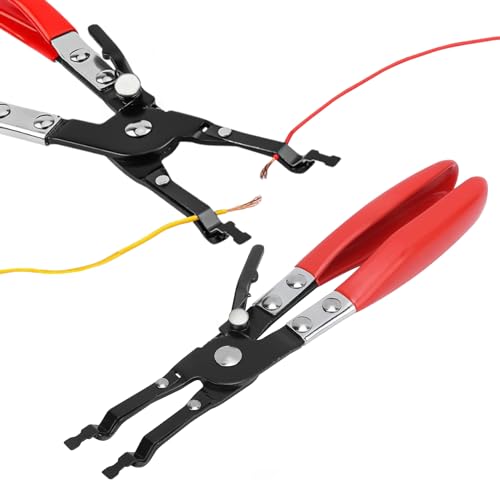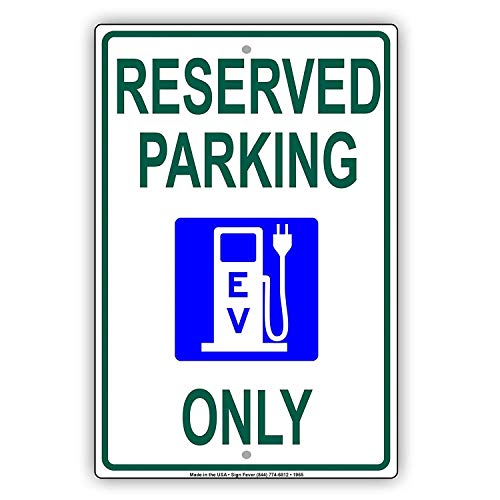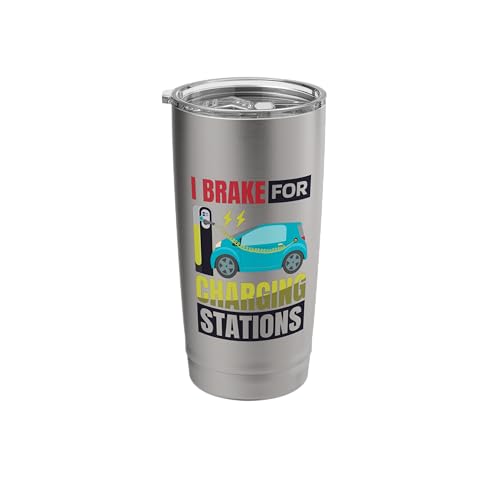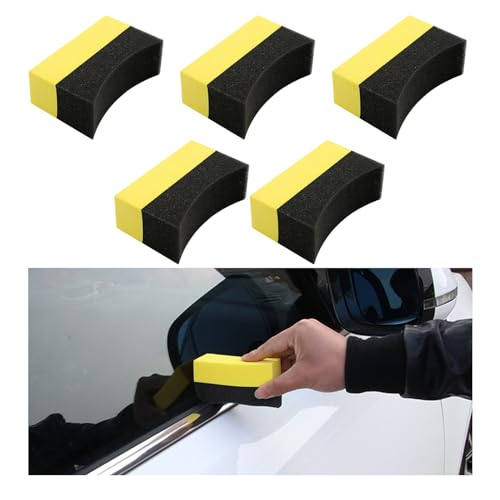jaapv
Well-known member
Following a recent thread in this forum, I had an interesting talk with a technical person from Mitsubishi.
Failing rear wheel bearings are the most prevalent technical failure of Outlanders in general. However, as they only affect less than 2.5% of the cars that cannot be considered a technical flaw. After all, one defect must be he most prevalent It is a heavy car, and the strain on the rear wheel bearings, especially on fast cornering under power is considerable.
It is a heavy car, and the strain on the rear wheel bearings, especially on fast cornering under power is considerable.
As for battery defects, over the last three years there have been about 250 battery problems on the 30.000 cars driving in the Netherlands. All of these have been failing battery cooling systems, relays, loose contacts, etc. None has been a battery capacity one. Mitsubishi considers a battery dropping to 70% or less a as warranty claim. It hasn't happened yet.
A cold engine start when flooring the pedal cannot harm the ICE. The engine has been designed with this scenario in mind. In this respect the lack of running the engine at cold startup on a 2017 model, which allows a cold departure without the ICE coming in if the EV button is pressed, will not influence engine durability.
The increase of power flow 60 to 70 kW on the 2017 model has been used mainly to improve overall economy. There has been a small increase in performance as well.
The net result is a decrease in effective EV range.
Overall, compared to the 2013 model, the 2017 model is a markedly more developed car, but only through a large number of small improvements.
Disclaimer - a private conversation, not an official Mitsubishi statement. I am not a Mitsubishi representative.
Failing rear wheel bearings are the most prevalent technical failure of Outlanders in general. However, as they only affect less than 2.5% of the cars that cannot be considered a technical flaw. After all, one defect must be he most prevalent
As for battery defects, over the last three years there have been about 250 battery problems on the 30.000 cars driving in the Netherlands. All of these have been failing battery cooling systems, relays, loose contacts, etc. None has been a battery capacity one. Mitsubishi considers a battery dropping to 70% or less a as warranty claim. It hasn't happened yet.
A cold engine start when flooring the pedal cannot harm the ICE. The engine has been designed with this scenario in mind. In this respect the lack of running the engine at cold startup on a 2017 model, which allows a cold departure without the ICE coming in if the EV button is pressed, will not influence engine durability.
The increase of power flow 60 to 70 kW on the 2017 model has been used mainly to improve overall economy. There has been a small increase in performance as well.
The net result is a decrease in effective EV range.
Overall, compared to the 2013 model, the 2017 model is a markedly more developed car, but only through a large number of small improvements.
Disclaimer - a private conversation, not an official Mitsubishi statement. I am not a Mitsubishi representative.


































